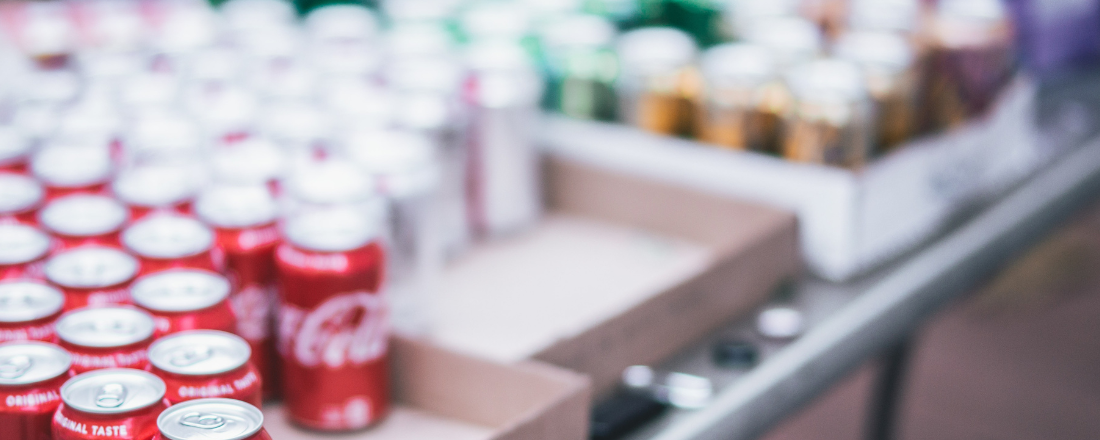
In the News
KCBS Radio: San Francisco’s Soda Tax a Deterrent for Sugary Drinks
-
Focus Areas
Chronic Disease Prevention, Healthy Communities -
Issues
Heart Disease -
Expertise
Evaluation, Public Policy Advocacy, Research – Survey -
Programs
Prevention Policy Group

“San Francisco’s soda tax appears to be working, according to a new study that found fewer people appear to be drinking sugary sweetened beverages since the tax was passed.
Sugary drink consumption in San Francisco dropped 34% in the first two years after the city’s soda tax was passed.
The study, published last week by the Public Health Institute, found that soda consumption fell even more for low-income groups, those at highest risk for obesity, diabetes, and other negative effects of sugary drinks.

It also showed that the effect of the tax actually grew over two years. So some people wondered whether the tax effects would disappear over time, and that did not appear to be the case.Dr. Lynn Silver, Lead Author of the Study, PHI Prevention Policy Group
In 2016, San Francisco voters approved the Sugary Drinks Distributor Tax (SDDT), also known as the soda tax, which established a 1-cent per ounce fee for drinks with added sugar.
The tax went into effect Jan. 1, 2018. The study measured the following two years.
Meanwhile, soft drink manufacturers have argued their companies have been unfairly targeted by soda taxes, the first of which passed in Berkeley in 2014.
According to Silver, the results add to a growing body of evidence that soda taxes both reduce consumption and increase revenue – San Francisco has raised about $15 million a year for various health programs focusing on low-income communities.”
Click on the link below to listen to the full story on KCBS Radio.
Originally published by KCBS Radio (San Francisco)
More Updates
Work With Us
You change the world. We do the rest. Explore fiscal sponsorship at PHI.
Support Us
Together, we can accelerate our response to public health’s most critical issues.
Find Employment
Begin your career at the Public Health Institute.



